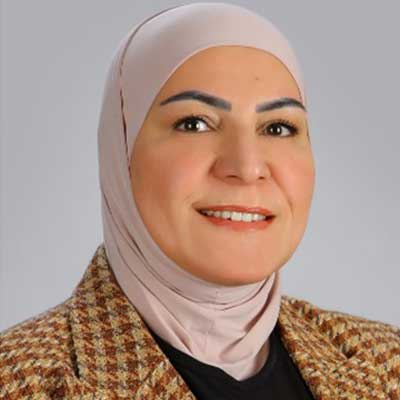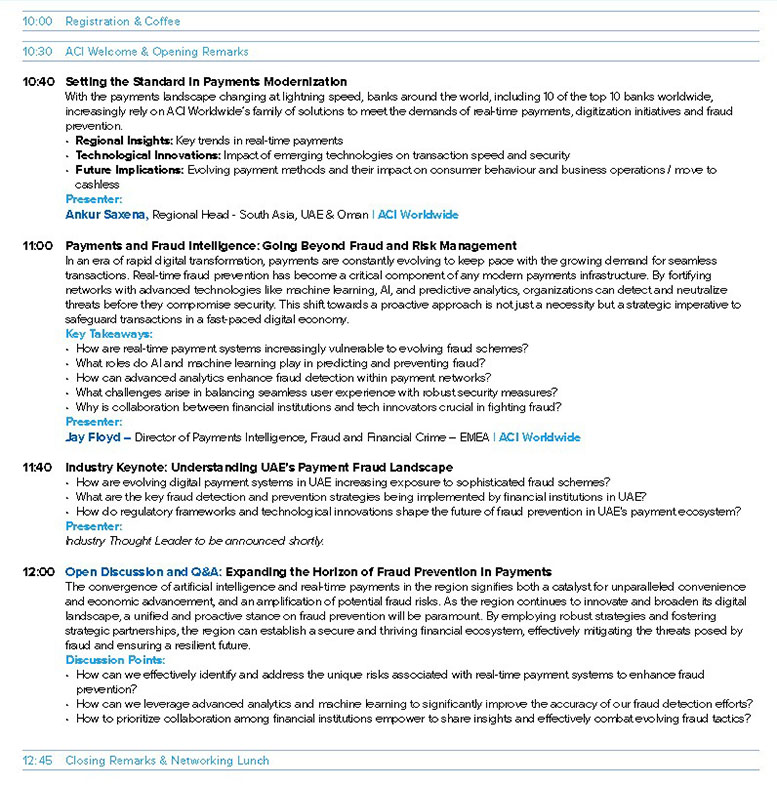“Empathy serves as the foundation for driving innovation in healthcare practices, fueling innovation in the healthcare system by enabling personalized care solutions tailored to patients’ unique needs, preferences, and values.”
How do you perceive the significance of 2024 as “The Year of Patient Experience,” and what key developments do you foresee in the realm of patient-centered care?
In 2024, ‘The Year of Patient Experience’ marks an essential move toward PCC in healthcare settings. This transition underscores an important change, recognizing patients not just as recipients of medical care, but as engaged partners in their healthcare journey. In the realm of PCC, several key developments are foreseen:
- Advancements in Technology.
- Holistic Care Approaches.
- Cultural Competency and Diversity.
- Empathy and Communication Skills.
- Patient Engagement and Empowerment.
These key developments collectively contribute to a more patient-centered healthcare systems that prioritizes patient needs, preferences, and experiences, eventually leading to better health outcomes and patient satisfaction.
As we delve into the theme “Transformative Empathy: Where Care Meets Innovation,” how do you envision empathy driving innovation in healthcare practices to enhance the patient experience?
Empathy serves as the foundation for driving innovation in healthcare practices, fueling innovation in the healthcare system by enabling personalized care solutions tailored to patients’ unique needs, preferences, and values. Additionally, through empathetic design thinking, innovators can develop user-centric solutions that address real-world challenges and enhance the patient treatment journey. Moreover, integration of technology with empathetic features fosters communication and collaboration between patients and healthcare providers, while innovative communication tools promote trust, transparency, and resilience. Ultimately, empathy-driven innovation prioritizes compassion, understanding, and dignity, creating transformative experiences that empower patients to actively engage in their treatment plan and improve their overall physical well-being.
Could you share insights into how bridging health and social aspects contributes to achieving better patient outcomes, aligning with the symposium’s theme?
Bridging health and social aspects is essential in achieving better patient outcomes, aligning perfectly with the symposium’s theme of ‘Transformative Empathy: Where Care Meets Innovation.’ By addressing social determinants of health (SDOH), healthcare providers can effectively prevent and manage chronic health conditions, reduce healthcare disparities, develop comprehensive care plans, and improve overall population health. Moreover, interdisciplinary approaches between healthcare providers and other community organizations enables seamless care coordination, ensuring that patients receive the required support and resources needed to achieve better health outcomes.
What specific challenges do healthcare providers face in integrating transformative empathy into their practices, and what strategies do you recommend to overcome these obstacles?
Healthcare providers encounter different challenges in integrating transformative empathy into their practices, including time limitations due to heavy workload and demanding schedules, emotional exhaustion, and lack of adequate education and training in empathy skills and emotional intelligence. To overcome these challenges, comprehensive training programs should be implemented to enhance empathy skills, besides fostering a culture of support and well-being to prevent staff burnout. Moreover, workflow optimization and the use of technologies can help create time for empathetic interactions, while promoting interdisciplinary collaboration can leverage diverse perspectives in addressing patients’ needs. Additionally, establishing feedback mechanisms allows healthcare providers to share experiences and best practices, fostering a culture of continuous learning and improvement in empathy implementation.
By addressing healthcare providers’ challenges and implementing recommended strategies, they can overcome obstacles to integrating transformative empathy into their practices, ultimately improving patient care.
In your opinion, how can interdisciplinary collaboration among healthcare professionals, technologists, and patient advocates foster a culture of empathy-driven innovation, ultimately shaping the future of patient care?
Interdisciplinary collaboration among healthcare professionals, technologists, and patient advocates fosters a culture of empathy-driven innovation by bringing together diverse expertise and insights, promoting innovative problem-solving approaches to healthcare challenges, facilitating the development of advanced technologies, prioritizing patient-centered design, driving cultural transformation, and fostering continuous learning and improvement. Therefore, through interdisciplinary collaboration, we can shape a future of patient care that is truly empathetic, inclusive, and transformative.
Dr. Al-Ruzzieh is the Chief Nursing Officer at King Hussein Cancer Center (KHCC) in Jordan. Under her leadership, KHCC becomes the first hospital in Jordan, 10th outside US to achieve Magnet® Designation from the American Nurses Credentialing Center (ANCC) in 2019. Dr. Al-Ruzzieh has brilliantly led KHCC nursing toward becoming the first hospital in the Middle East to achieve accreditation for shared governance by the Forum Shared Governance. Not only nurses in decision making but also patients and their families through her leadership for PCC Committee at KHCC.
She believed that professional development is a lifelong journey for professional nurses, so she established the professional development unit in the center which achieved two major accreditations aiming to assure high standards for nursing training. The unit for continuous education provider accreditation from ANCC and finally in 2022 the accreditation with DISTINCTION for the first Oncology Nursing Residency Program in Jordan and second in the Middle East. Additionally leading the Life Support Center which is accredited as center of Excellence in MENA Region.
Received her doctorate from the University of Jordan. On a national level, she has served as a member of the executive board for the Jordanian Nursing Council. She has many publications as well as presentations in international professional meetings. In 2013, she was the first winner for HRH Princess Mona Al-Hussien Award for Nursing Leadership in Jordan.



